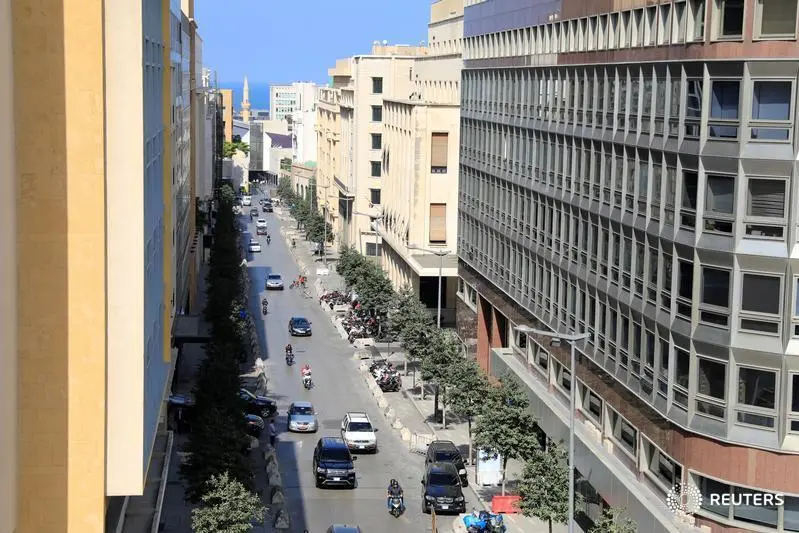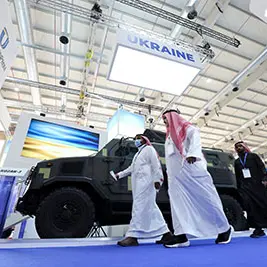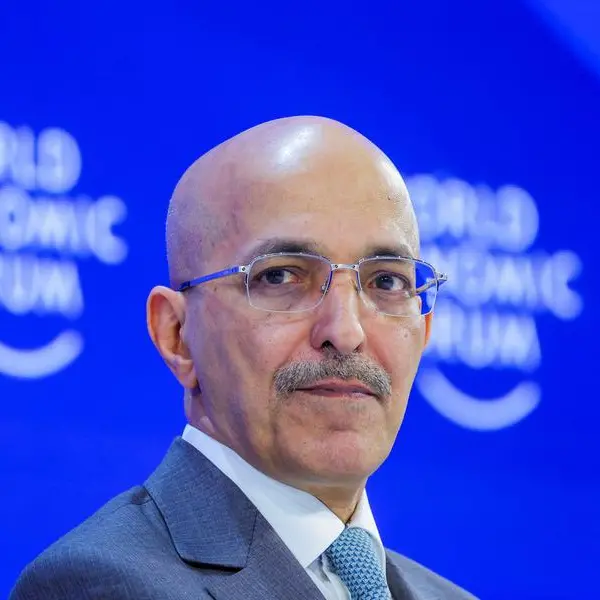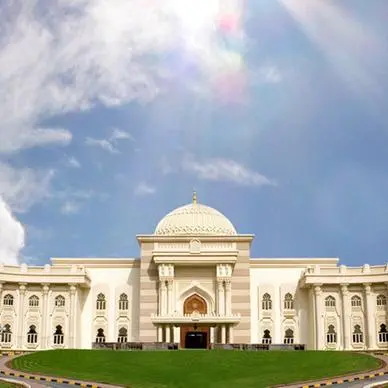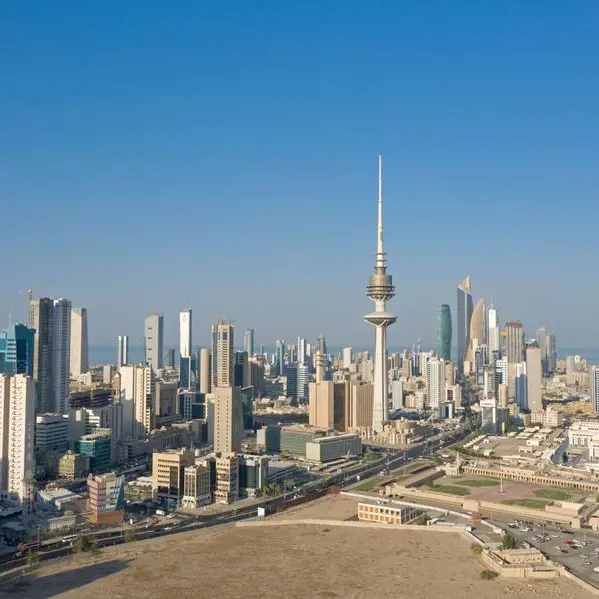PHOTO
BEIRUT: A Lebanese body representing bank workers has threatened to go on strike over the insults and assaults branch staff are being subjected to as the country’s financial woes continue.
A liquidity crunch has hit the Middle East country, where months of protests and a political impasse have deepened its economic crisis.
Banks have cracked down on the amount of dollars that can be taken out or transferred abroad. The Association of Banks in Lebanon calls these measures “exceptional and temporary to ensure the continuity of the banking sector’s work and preserve the rights of depositors.”
But citizens are furious and there has even been violence in bank branches, leading the Council of the Federation of Syndicates of Bank Employees to threaten industrial action.
“The attacks are organized by people who claim to represent the civil movement (that started on Oct. 17) with the aim to distort the image of the banking sector, which is a clear violation of the reputation of the Lebanese state that is responsible for protecting all citizens from any threat against their safety and security.”
Some protesters stormed a bank in the city of Sidon to claim people’s money. They clashed with security forces and a number of people were injured. The Red Cross took them to hospital for treatment. There was a similar scene in a bank in the city of Nabatieh, where a bank employee tried to shut the door but protesters broke in and there was a fistfight.
Some protestors also organized a sit-in outside the Port of Beirut, considering it one of the “main sources of waste and corruption” in the country. Others rallied in front of the Port of Tripoli and chanted slogans demanding to “stop corruption and cleanse the port from those who are corrupt.”
The crisis is still awaiting a political solution for confidence to be restored, notably the formation of a new government.
On Wednesday night, activists on social media called for civil disobedience and road closures, in protest at what they considered “adopting the traditional quotas to form the government and naming ministers who belong to political parties.”
Moustafa Allouch, a member of the Future Movement’s political bureau, said there were several obstacles hindering the formation of the government and not just the issue of Sunni representation.
“The Sunni issue lies in the fact that the prime minister-designate was named without the approval of prominent political figures,” he told Arab News. “The Future Movement is not concerned with invitations to close roads and can no longer influence the decisions of people in the streets.”
Copyright: Arab News © 2019 All rights reserved. Provided by SyndiGate Media Inc. (Syndigate.info).
